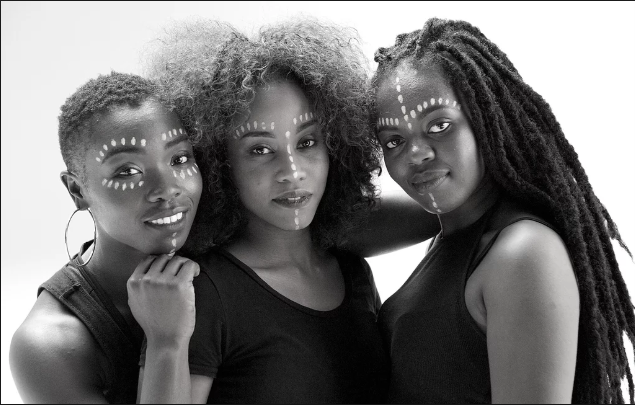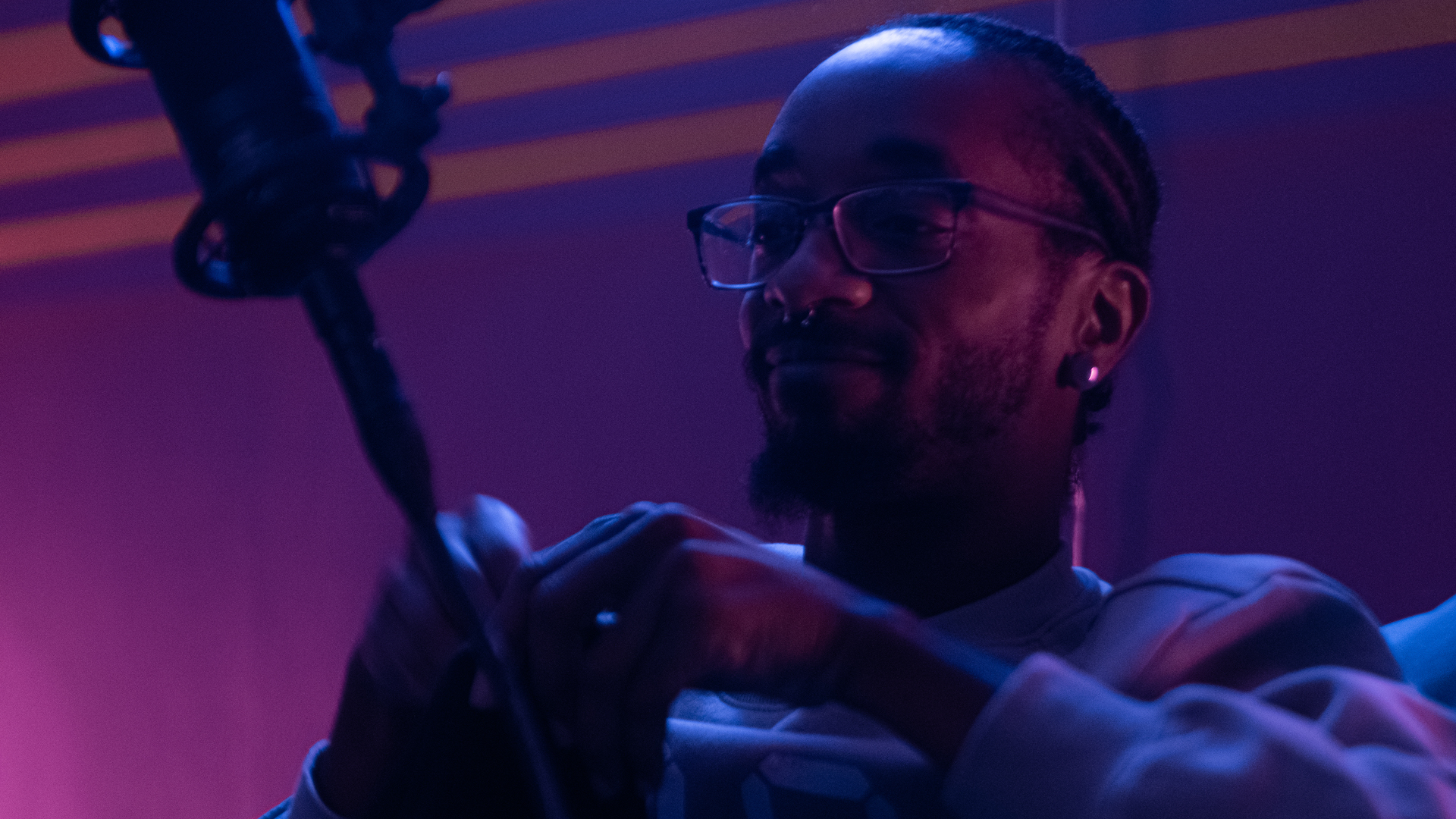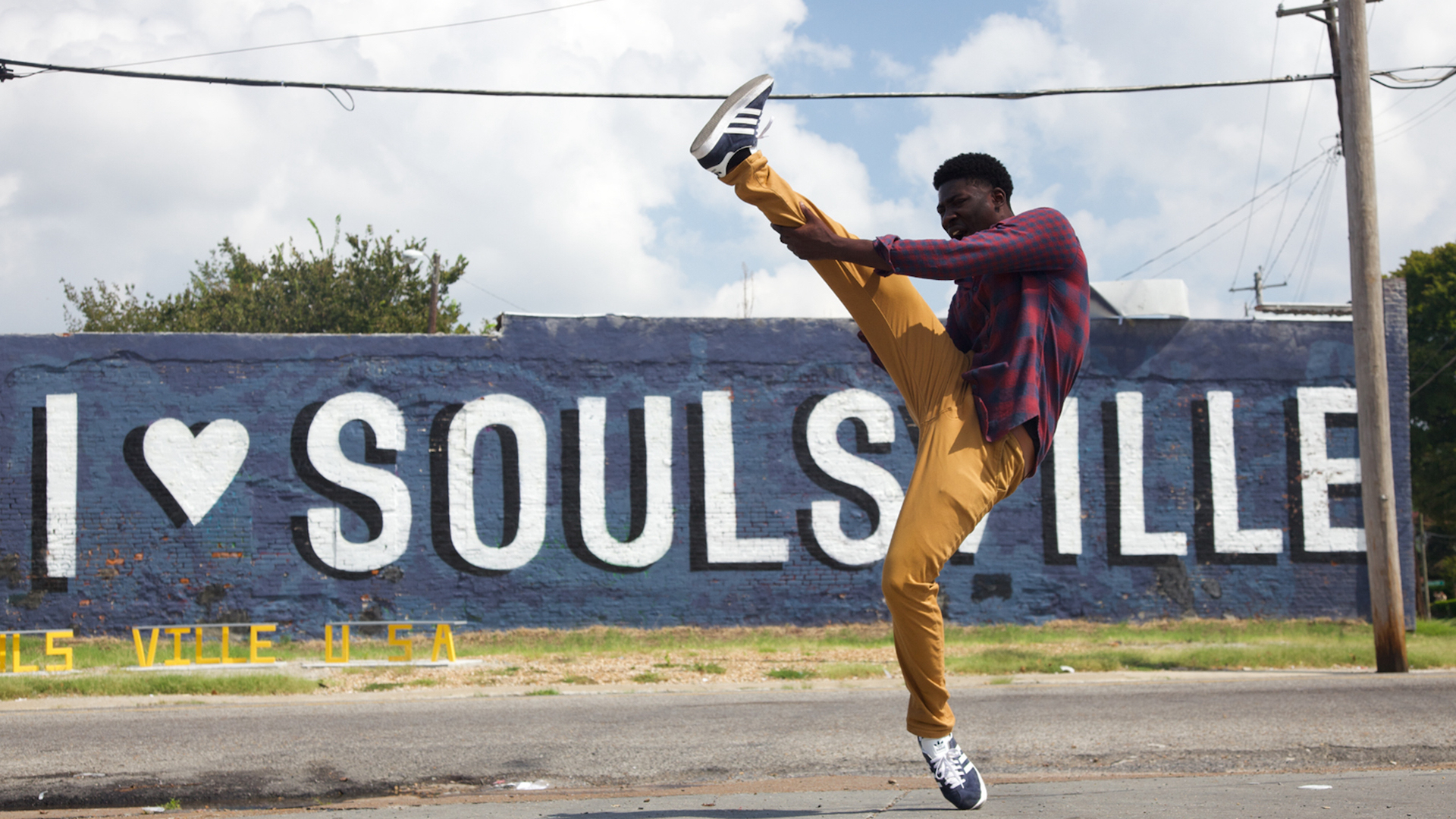It takes courage to start a company. For black-owned businesses (especially those of us in the media), it takes even more.
Recently, Variety published an article entitled, “BLACK AMERICANS CONTINUE TO BE UNDERSERVED IN FAST.” In the study, it showed that despite making up 14% of the population, only 2% of FAST channels target Black audiences. For those who are wondering, FAST channels are the live programs that work similarly to a cable experience with a TV guide but are on connected TVs and devices (such as Roku, LG, Samsung, etc.). FAST stands for free, ad-supported television.
Many of the Black-centric channels that do have distribution on FAST networks are either not Black-owned or they’re curated channels launched by the providers such as Vizio’s Black Brilliance or Xumo’s Black Cinema. The Black channel with the most distribution deals (12) is not Black-owned and is skewed to one particular Black genre. The article mentioned there’s a lot of opportunity in the Black FAST space, but I wonder if these operators actually see the potential.
African American consumers continue to lead the consumption of content across multiple platforms, but the representation is not reflected in the programming. According to a National Research Group study, 83% of Black Americans say they don’t see their stories represented on-screen; and 67% of Americans across all ethnicities feel there is a greater need of on-screen representation of: Black families, Black queer and Blacks with disabilities.
kweliTV was born out of my own frustration. I wanted to see less Black trauma and negative stereotypes and more Black history and culturally rich stories. Before we launched, I talked to at least 100 Black filmmakers from around the world. Many of the creators were fed up with the gatekeepers—the platforms that dismissed or undervalued their completed work and the studios that asked them to compromise their creative integrity during the development process. Then, I met with a few Black industry veterans who shared the frustration many of them faced when trying to get carriage during the heyday of cable. A number of Black media entrepreneurs were completely shut out.
Thanks to technology, I saw an opportunity. kweliTV could dismantle the gatekeepers by giving indie Black creators the opportunity to showcase and make money off of their work on our own streaming platform. While we have been able to do as promised, the reality is that we still need distribution partners to reach customers faster, diversify our revenue and scale.
I have been actively working to seal distribution deals with FAST operators for nearly four years. While we’ve been able to get on a few smaller FAST platforms (as well as distribution with the media conglomerates Comcast and Cox), we have been unsuccessful with many of the larger FAST players—despite having a strong deck that showcases our library of over 670 critically acclaimed and award-winning Black films from across the globe and being the only black/woman/independently-owned movie streaming service listed as one of the top 10 by PC Magazine.
In 2020, when the country was dealing with a “racial reckoning” after the deaths of Ahmaud Arbery, Breonna Taylor and George Floyd, there were a lot of promises. Several corporations pledged billions to racial equity, venture capitalists promised to invest in more Black founders, companies vowed to be more inclusive. That summer of 2020, I was finally getting some progress with some of the FAST operators I had met with months earlier. The first FAST operator sent me an NDA along with their tech specs and told me to expect the official contract in several months from their lawyers. To this day, I still have not received the contract. Another FAST platform, which is arguably one of the largest, said they were looking to prioritize diverse programming and to follow up at the end of that year. When I followed up in December of 2020, I was told that their priorities had shifted to “bigger brands” but to check back in the new year. I’ve been doing quarterly check-ins and it’s been mostly crickets even to this day. Later in 2020, a fellow streamer connected me with another larger platform. They told me their slate was full but to check back the next quarter. But just like the many slow-moving promises from investors and corporations, our efforts to get on these platforms have come up empty after over three years.
I get it. Many streamers with various types of niche content are fighting for a few slots on these larger platforms. That’s why I have been patient. However, the Variety article lit a fire to speak out. I understand that deals take time, but I don’t think this is a deal-flow issue. When I’m typically pitching to acquisition teams, they look nothing like me and don’t understand the multiplicity of the stories that make up the Black experience. Many of them don’t understand the differences between kweliTV and another platform like Maverick (for example), while there are channels dedicated solely to Bob Ross, Little House on the Prairie and Baywatch. Essentially, they’re picking winners and losers.
People are shocked to learn how much content we’ve been able to acquire and the 460+ filmmakers we’ve been able to onboard and pay with very few resources. Most people thought it was a team of at least 10. For the first few years, I was kweliTV’s only full-time employee—doing most of the work myself: acquiring new content, running customer service, hosting events, managing the tech team, building partnerships, etc. I hired my first full-time employee in 2021 and my second team member in 2022. Because not only is it difficult to get distribution as a Black-owned media company, it is also hard for Black women to get investment dollars. Currently, only 0.34% of investments go to Black women. With smaller, Black-owned streamers doing more with less capital investments and advertising deals, it creates the inability to scale, create jobs and ultimately build generational wealth.
I was hesitant to write this; because now, I may never get on any of these larger platforms. But I learned early on my entrepreneur journey not to move or make decisions based on fear. My conviction to dismantle the gatekeepers and passion to tell authentic Black stories from across the globe outweigh any trepidation I may feel.
DeShuna Spencer / Founder & CEO of kweliTV
For the master’s tools will never dismantle the master’s house. They may allow us to temporarily beat him at his own game, but they will never enable us to bring about genuine change. — Audre Lorde




